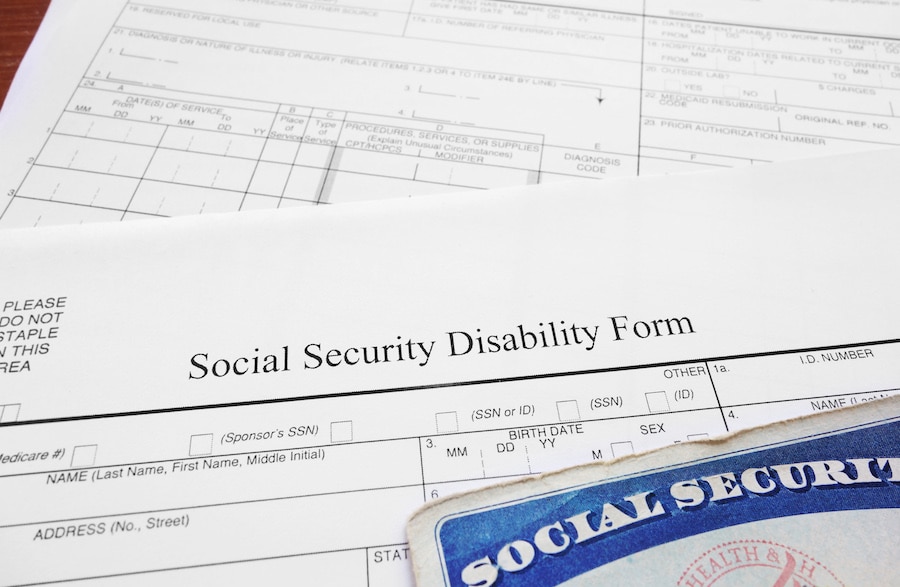You and your employer both pay taxes into the Social Security System for social security disability insurance. The Social Security Administration (or SSA) then uses those taxes to pay for benefits to current beneficiaries. Beneficiaries are those people who have reached retirement age or have become unable to work because of certain medical criteria.
There are two basic types of benefits available under the Social Security System. ‘SSI Benefits’ are available to people who have never worked. These people must have little to no assets in order to qualify for these benefits. Your spouse’s assets count towards your eligibility. You may be able to set up a Special Needs Trust in order to meet the asset requirements, but you should definitely speak with a qualified attorney to do so!
‘SSDI Benefits’ are the benefits available to those people who have paid social security taxes from their paychecks. Self Employed individuals also pay Social Security Tax on their own when they pay their taxes.
In order to be eligible for SSDI, you must have work credits for the last five out of ten years total. It doesn’t matter if there are interrupted periods without work, as long as the total is 10/20 quarters.
Social Security Disability criteria starts with the “listing of impairments” published by the Social Security Administration. Any person whose disabling conditions “meets the listing” automatically qualifies for benefits. If your symptoms match the SSA’s definitions, your claim should be approved. You can find the listings at https://www.ssa.gov/disability/professionals/bluebook/AdultListings.htm .
But even if someone’s disabling conditions don’t meet the listing definitions, that person can still qualify. The Social Security Administration can take into consideration factors like education, past work history, age, and mental health.
The type of work you have performed in the past is very important. If you have a 10th grade education and have only performed hard labor, the SSA will not expect you to learn how to work a desk job.
When you submit your disability application, you should also submit evidence to help your claim. The best evidence for your disability claim is medical records from your doctor’s office. Make sure to submit records that describe your medical condition. This will help the Disability Determination Service understand your medical conditions. Also make sure to give them your complete work and education history.
Sometimes the Social Security Administration will send you to a doctor they choose to assess your “residual functional capacity”. Make sure to be on time to your appointment because your claim can be denied for failure to show up!
Also, in order to qualify for benefits, your inability to work must last or be expected to last for at least 12 months or longer. Sometimes a person has a disability that she eventually overcomes, like losing a limb or suffering from a long term illness. If that person gets better and goes back to work after one year, she can still get benefits for the time she was disabled.
It is important not to come to your own conclusion on whether you may qualify for disability benefits. Experienced lawyers and advocates will be able to help you understand what benefits you will qualify for. And consultations are free!
If you have a medical condition that has affected your ability to work, if you have allied for disabled benefits and have been rejected, or if you just want some further information on social security benefits and whether you may qualify, contact us for a free consultation at 334-356-7879!

